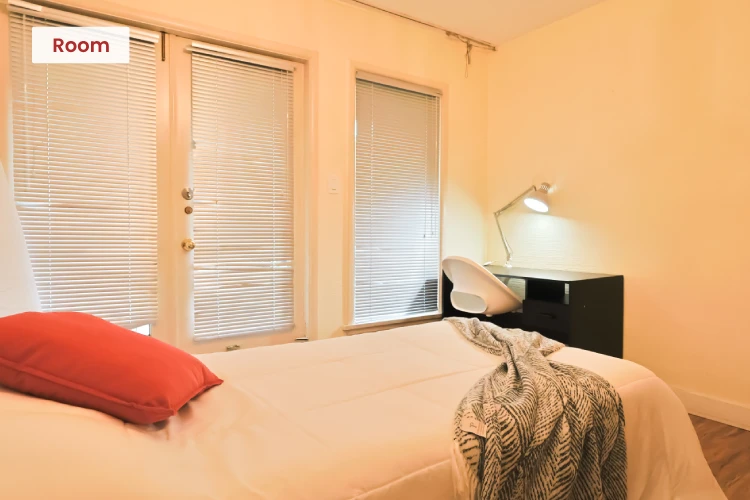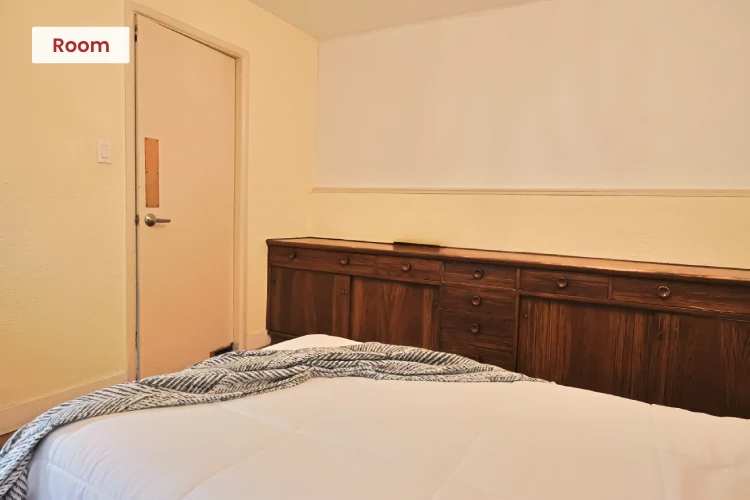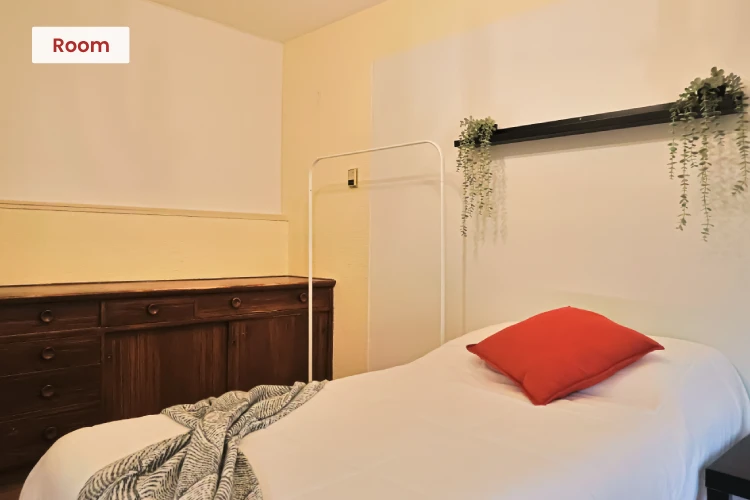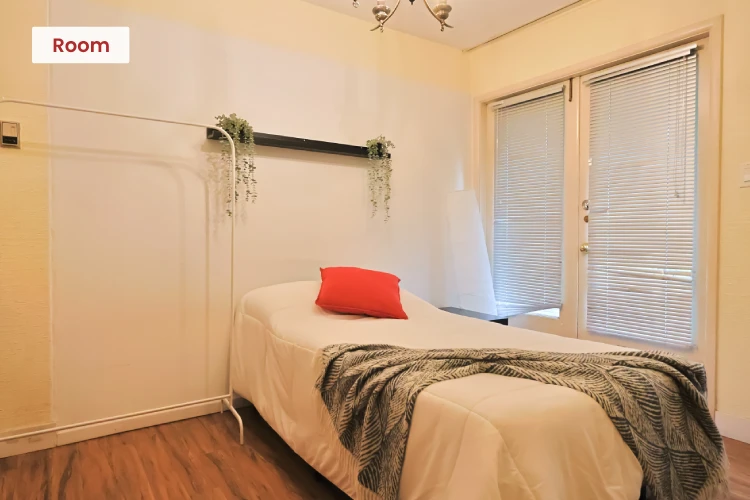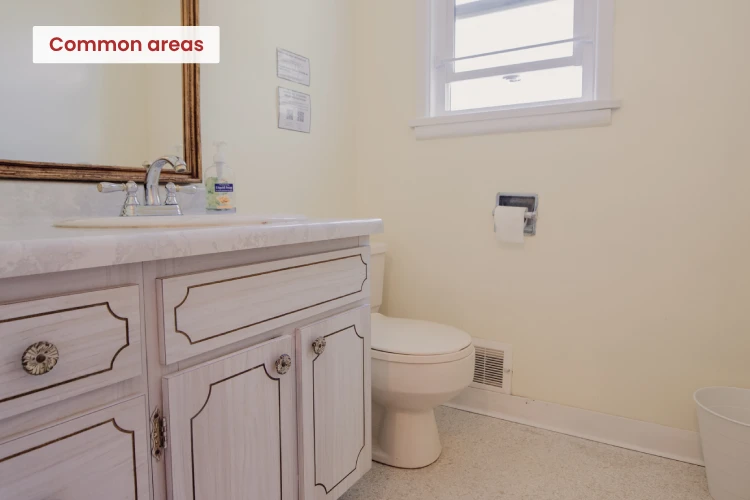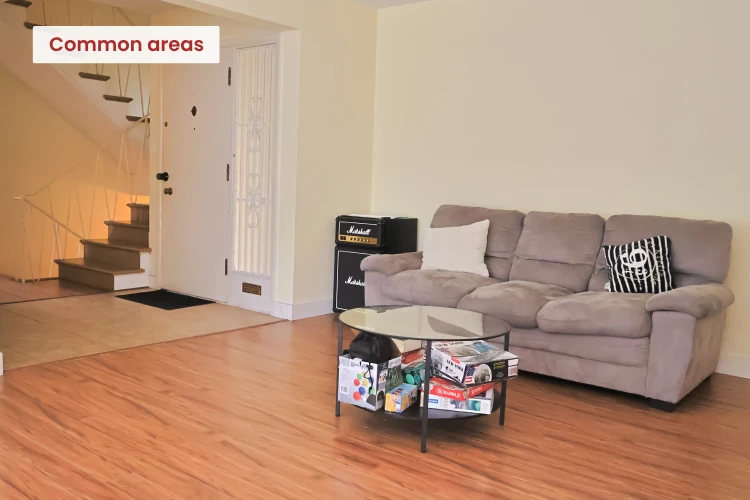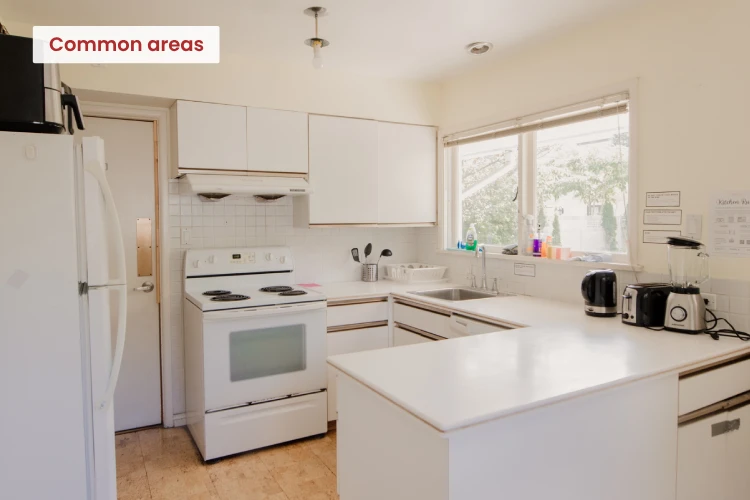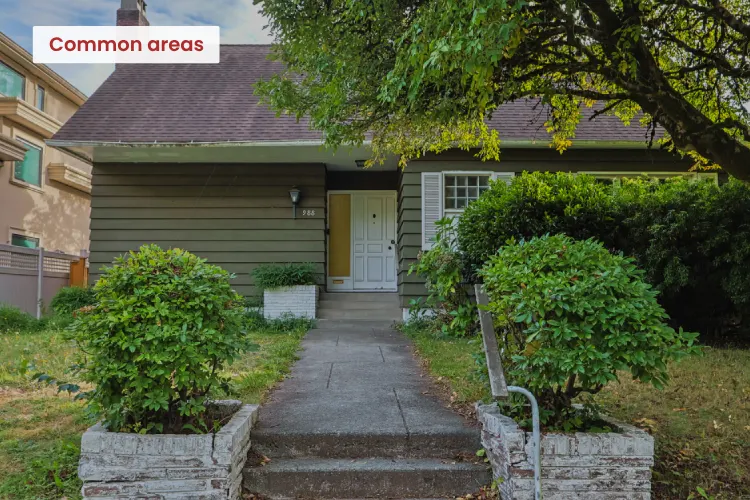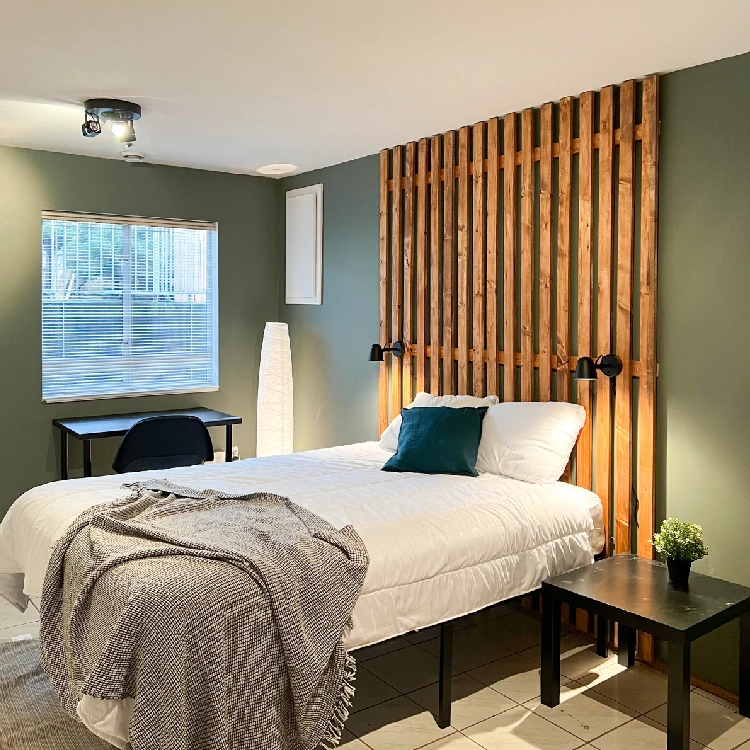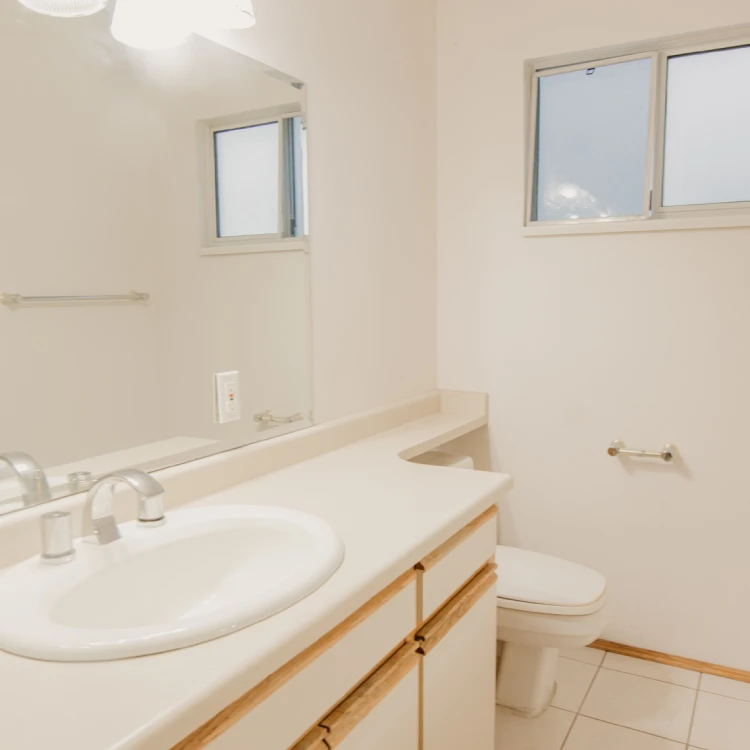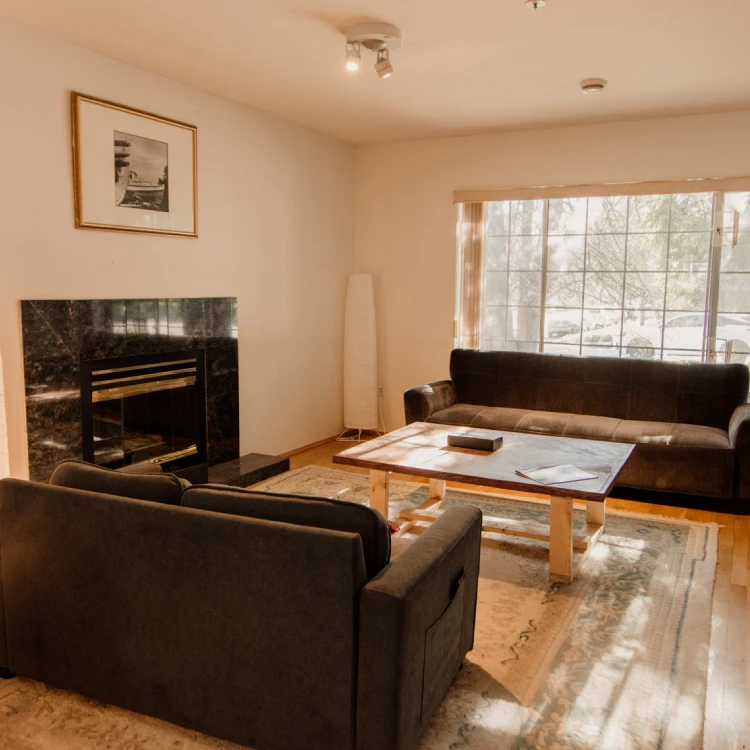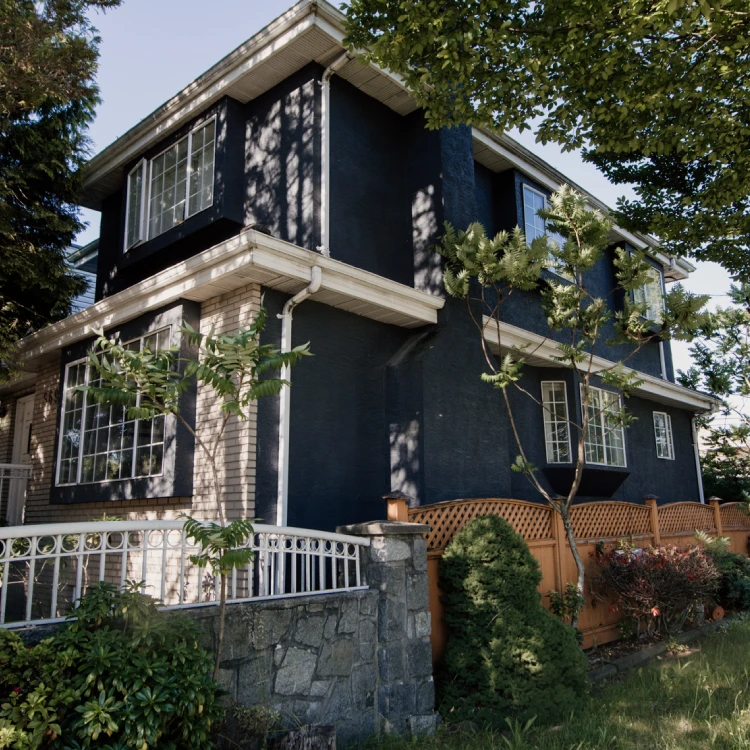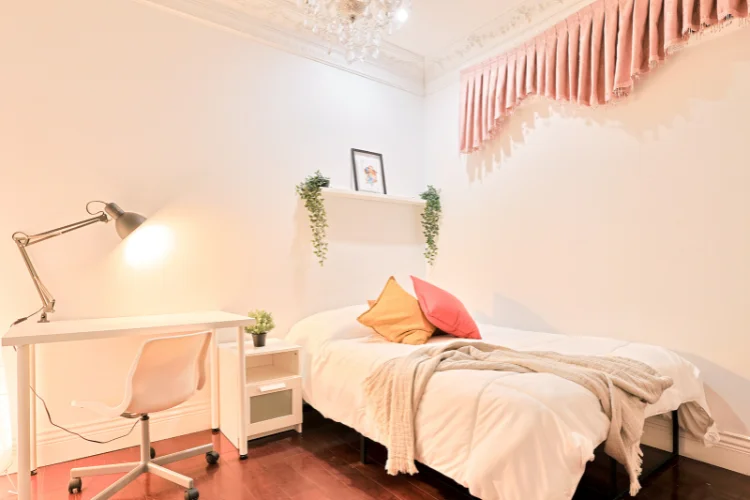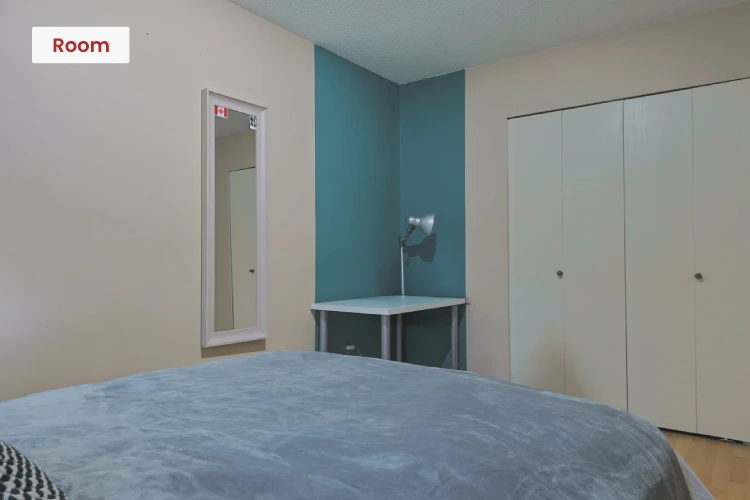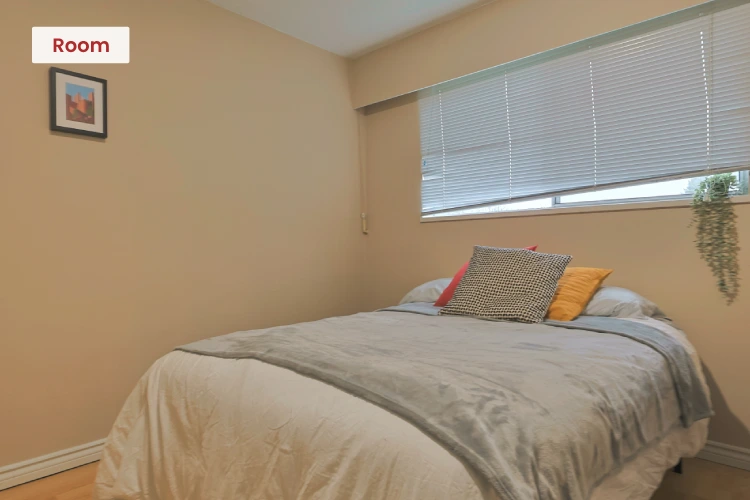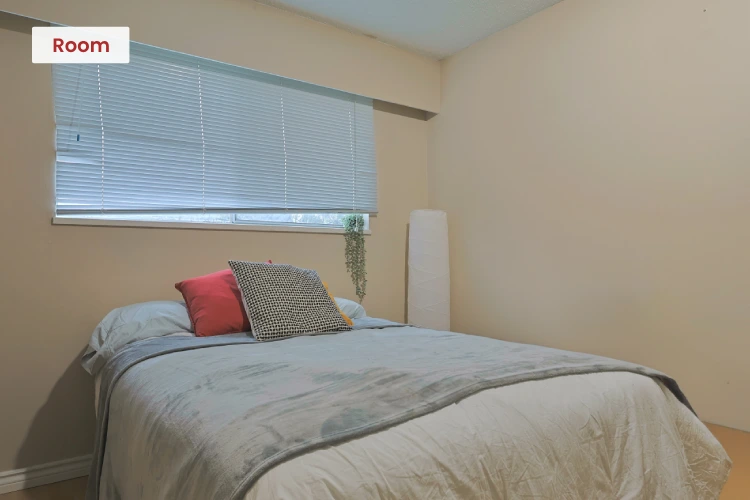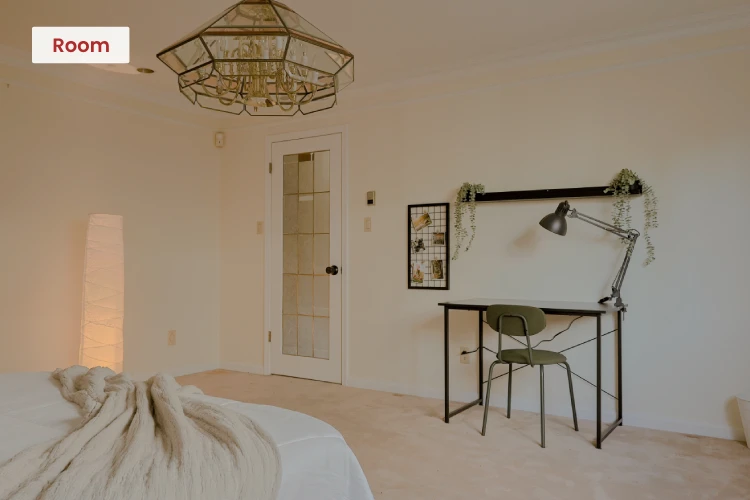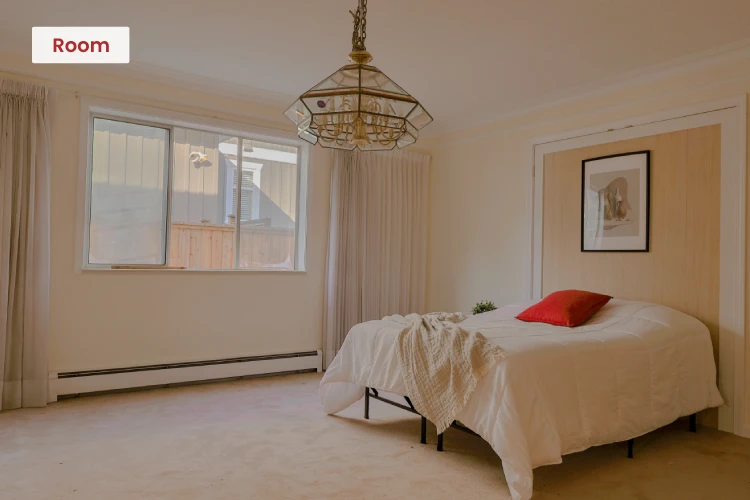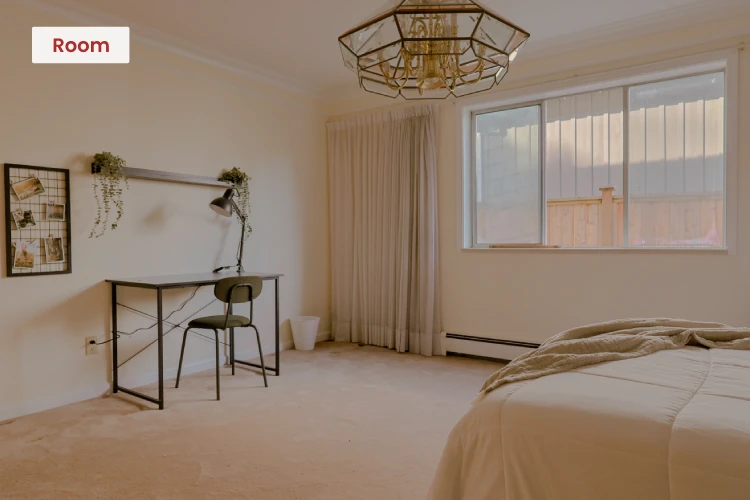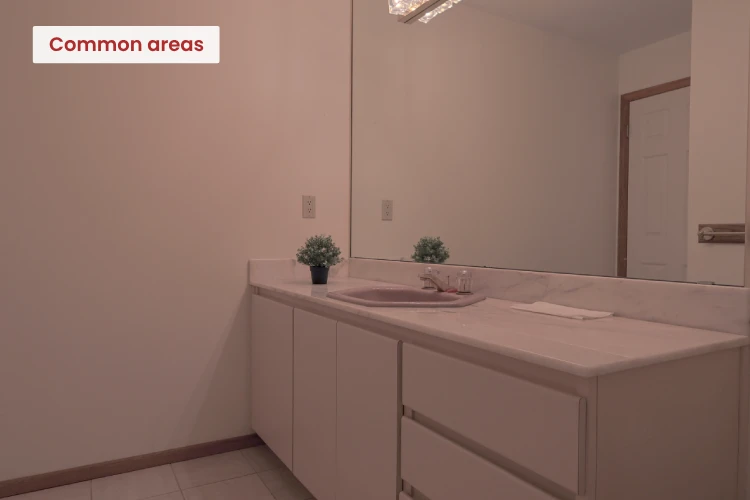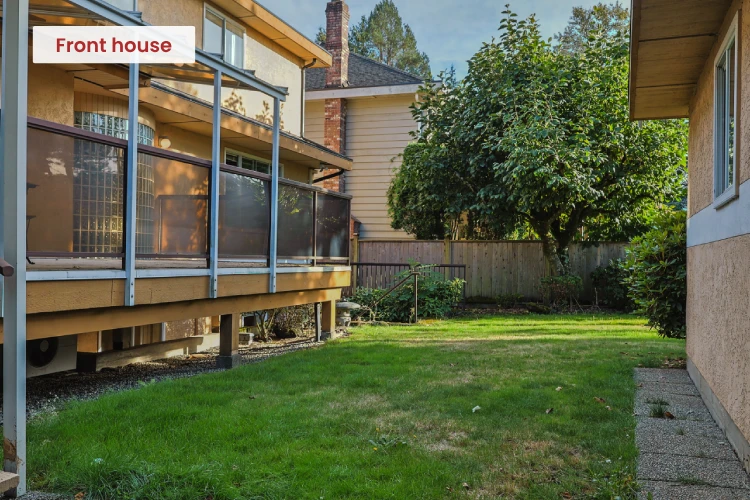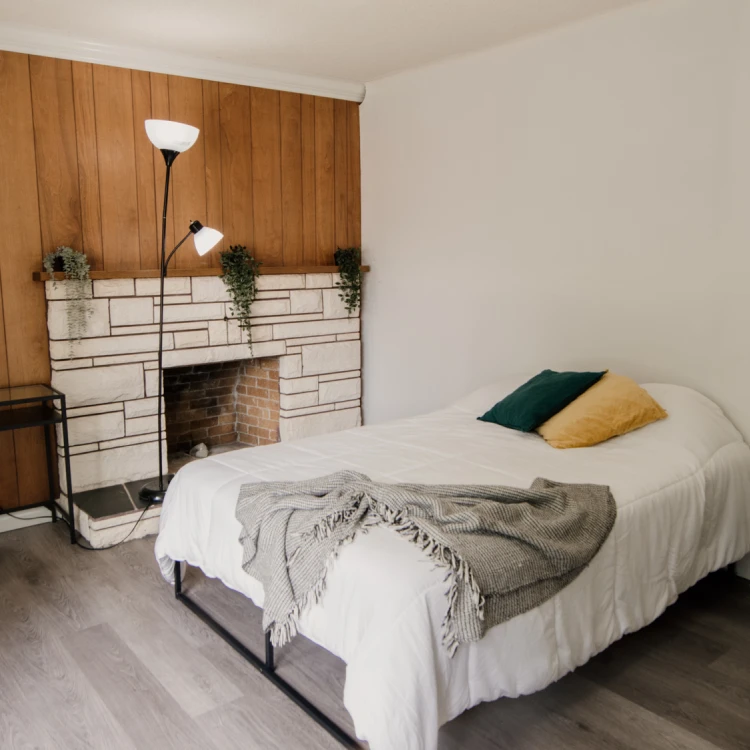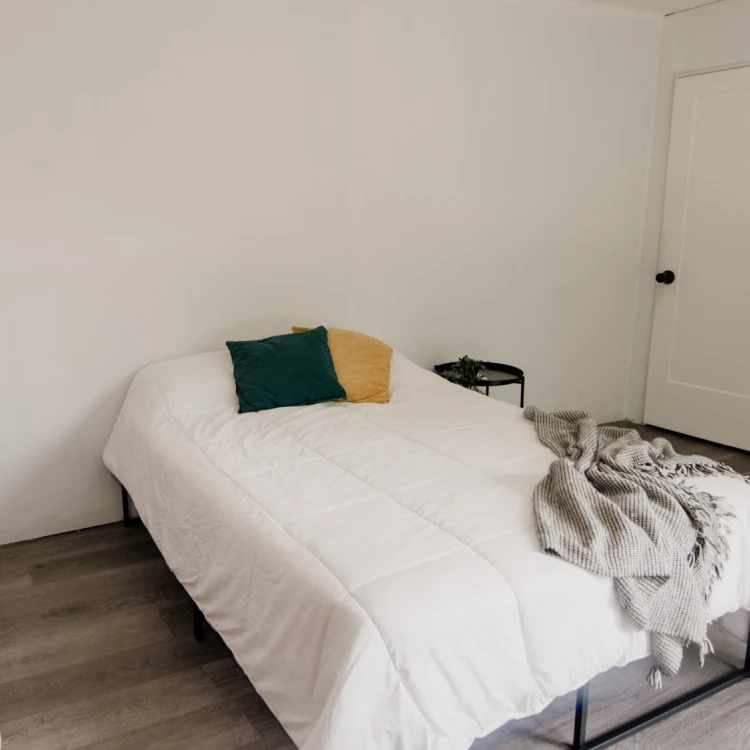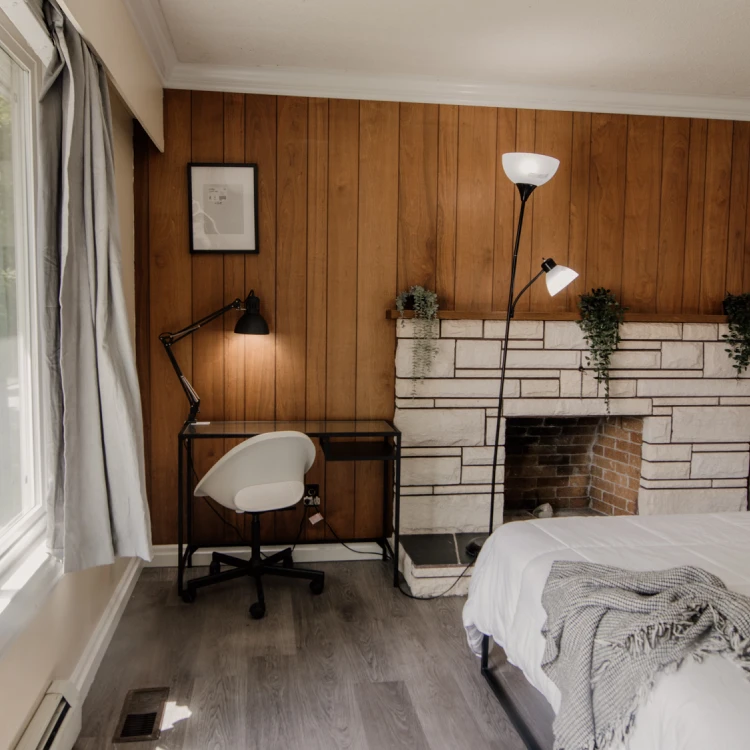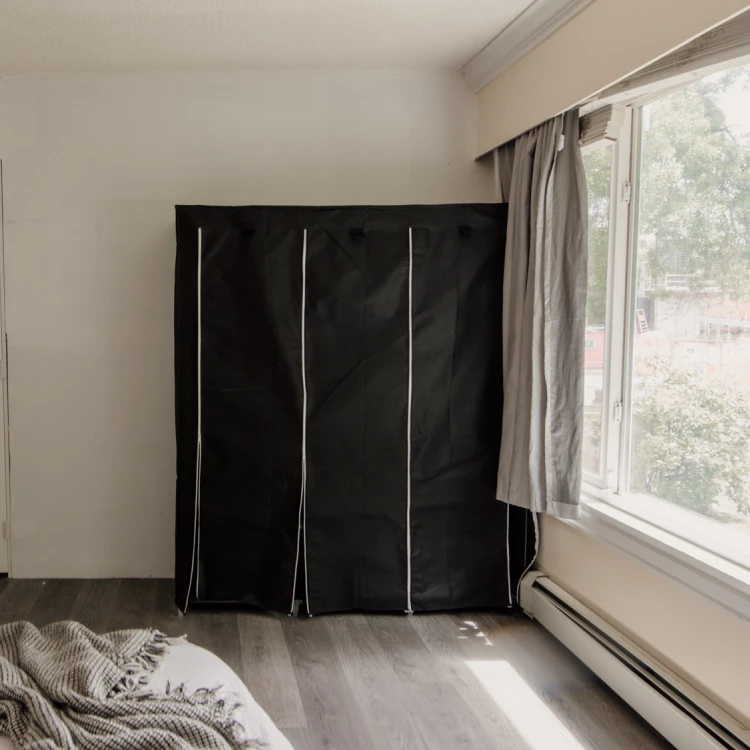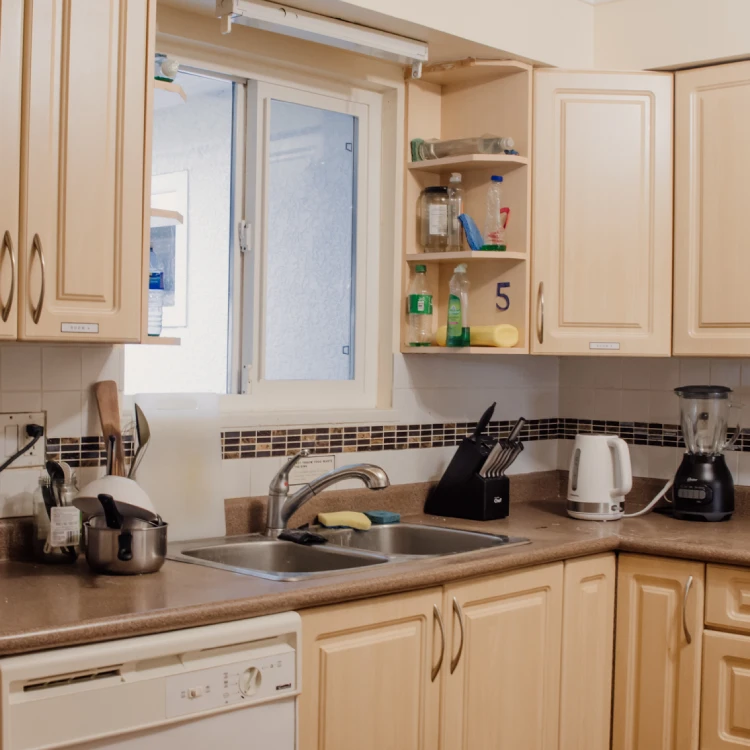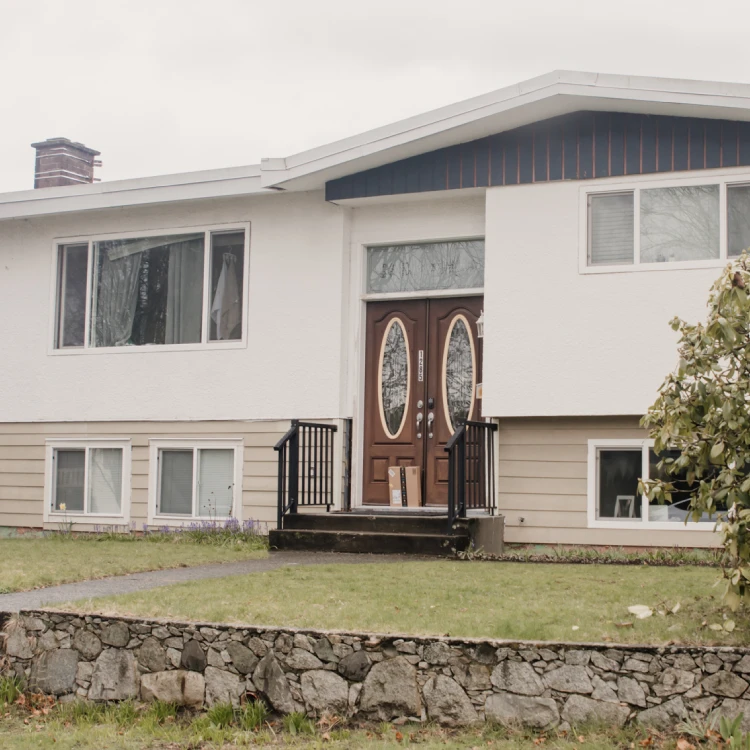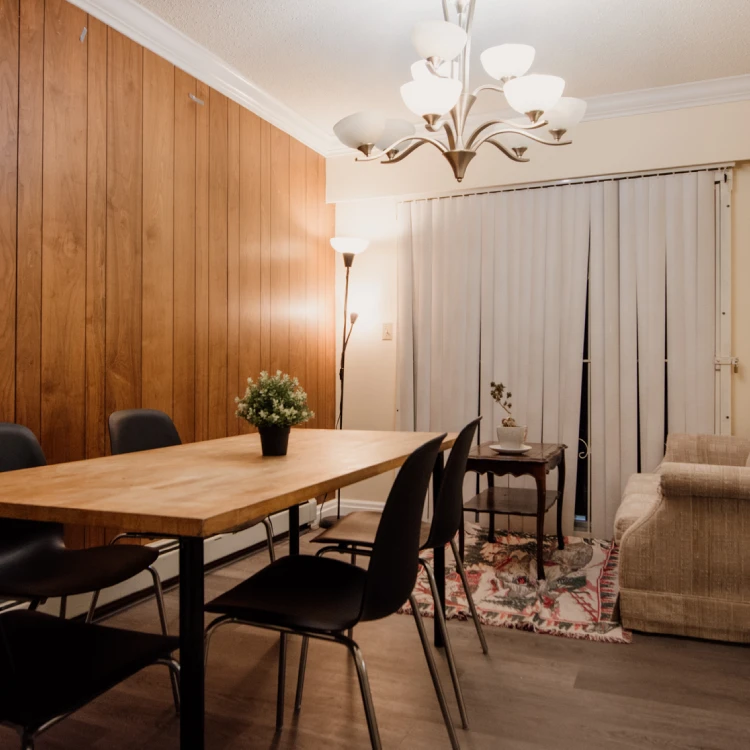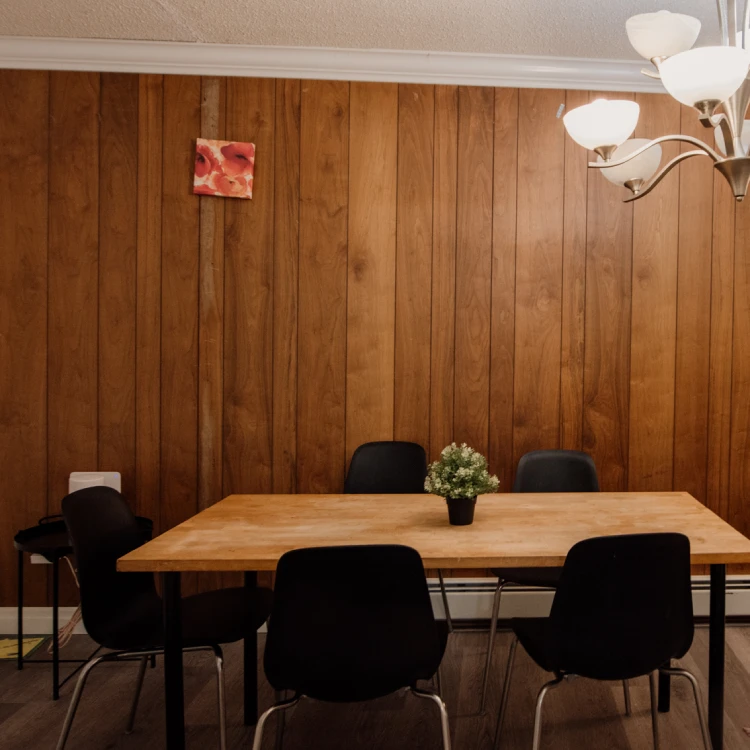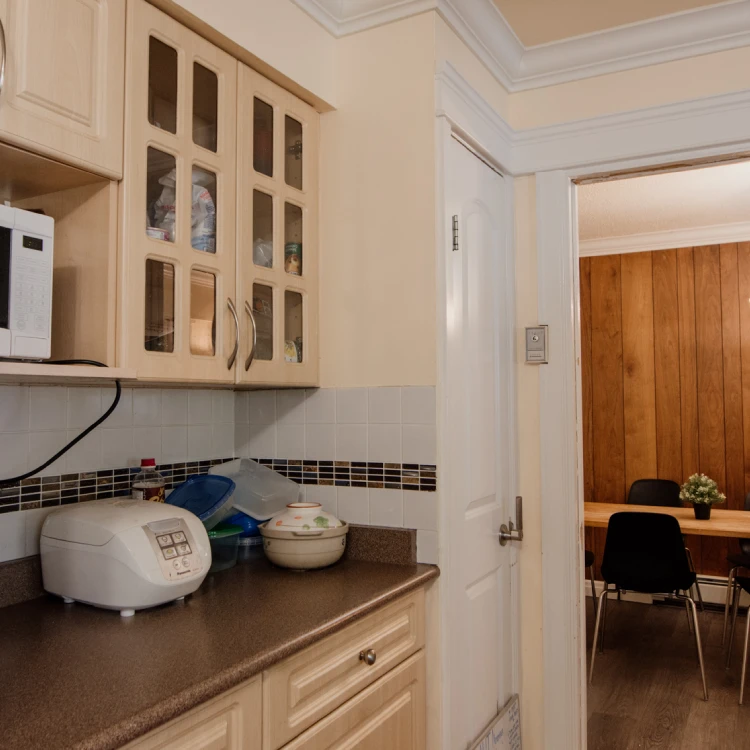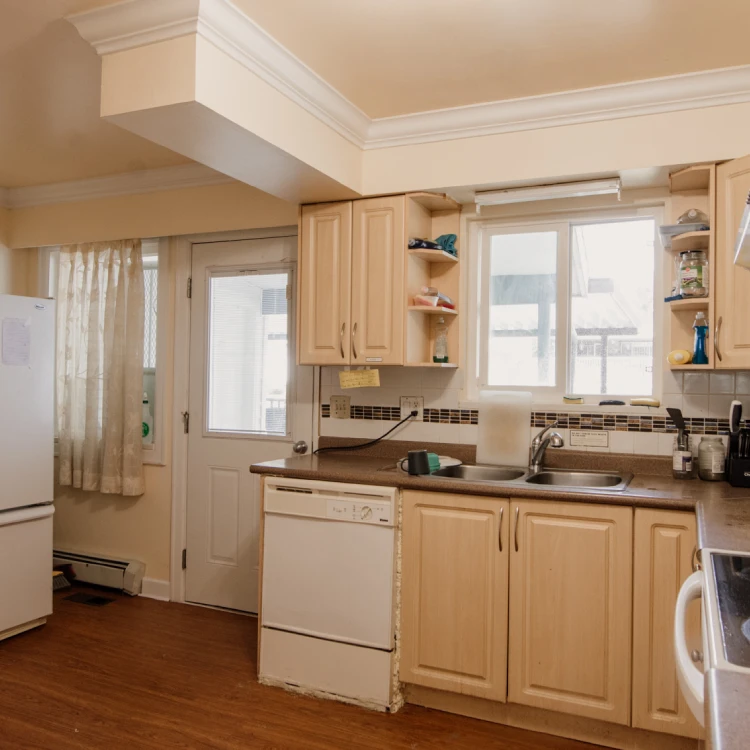Coliving in Canada
Coliving in Canada
Coliving is the accommodation concept for young professionals living together.
Coliving in Canada is a modern form of communal living where residents share a living space, typically aiming to enhance their quality of life by living with like-minded individuals. This concept is not limited to students; it attracts young professionals and digital nomads.
Coliving is also very similar to student housing, even though they are technically different than one another.
Coliving accommodations usually offer a mix of shared and private living arrangements. Additional facilities, such as study rooms, recreational areas, and cafeterias, cater to student life.
As an accommodation expert, our suggestions can apply to both students and young professionals in Canada.
Key takeaways:
- – Understand the average cost of coliving in Canada for Young Professionals and Students
- – Learn essential tips for international students renting coliving space in Canada
- – Discover the benefits and drawbacks of shared coliving
Coliving for Young Professionals in Canada
Canada offers a diverse range of coliving options, each with varying costs and amenities.
Let’s check the average costs of student housing in Canada and explore affordable housing alternatives for students.
Overview of the Average Coliving Housing Costs in Canada
The average cost of coliving housing in Canada can range from $750 to $1500 per month, depending on the type of accommodation and location.
Shared housing is typically more affordable than renting a private apartment.
| City | Average Monthly Room Rental Price (CAD) |
|---|---|
| Coliving in Victoria | $800 – $1,200 |
| Coliving in Toronto | $1,000 – $1,600 |
| Coliving in Waterloo | $600 – $1,000 |
| Coliving in Vancouver | $900 – $1,500 |
| Coliving in Montreal | $550 – $950 |
Affordable Housing Options for Students like Shared Housing, Dormitories, etc.
To save on housing expenses, students can opt for shared housing where they split the rent and utilities with roommates.
University dormitories are another cost-effective option offering convenience and a sense of community.
Additionally, off-campus housing in suburban areas can provide more affordable alternatives for students on a budget.
By exploring these affordable housing options, students can find a suitable and cost-effective place to live while pursuing their education in Canada.
What to Know About Coliving Room Rentals in Canada?
International students starting on their educational journey in Canada should be equipped with essential knowledge about renting in this diverse country.
Here are the key points to consider:
Important Renting Terms and Glossary:
Understanding terms like “lease agreement,” “security deposit,” and “utilities” is crucial. Familiarize yourself with Canadian rental terminology to navigate the renting process smoothly.
How to Find Suitable Coliving Space as a Student and Young Professional:
Begin your search by exploring university housing options, student rental websites, and local classifieds. Consider factors like proximity to your institution, amenities, and budget when selecting accommodation.
Tips and Advice for International Students Renting in Canada:
- Start your housing search early to have ample choices.
- Carefully review lease agreements before signing.
- Budget for additional expenses like utilities and internet.
- Communicate openly with potential roommates to ensure a harmonious living environment.
- Seek guidance from your VanMates housing service expert for support.
Navigating the Canadian rental market as an international student can be a rewarding experience with the right preparation and knowledge.
Benefits of Shared Coliving Spaces for Young Professionals in Canada
Shared housing and coliving, a popular choice among students, involves living with roommates in a shared space. Let us explain to you the advantages of having shared housing options as a student or young professional.
Advantages of Shared Coliving Accommodation:
- Cost-sharing is a significant benefit
- Making it more affordable for students
- Shared housing fosters a social environment, offering companionship and shared experiences from different cultures.
In summary, shared housing provides cost-effective living arrangements and social interactions.
Steps to Finding and Securing a Coliving Rental Room in Canada
Finding and securing housing as a student in Canada is crucial for a comfortable and successful academic journey. Here are the essential steps, resources, and tips to guide students through this process:
Research: Begin by researching the rental market in your desired location to understand pricing and availability.
Budgeting: Set a budget that includes rent, utilities, and other expenses to ensure affordability.
Property Viewing: Schedule viewings of potential rental properties to assess their suitability.
Application Process: Submit rental applications promptly and provide all required documentation.
Lease Agreement: Carefully review the lease agreement, ensuring you understand all terms before signing.
Security Deposit: Be prepared to pay a security deposit to secure the rental property.












